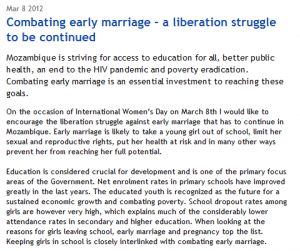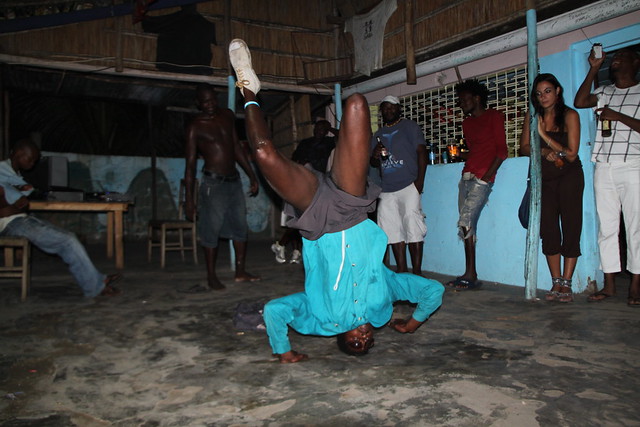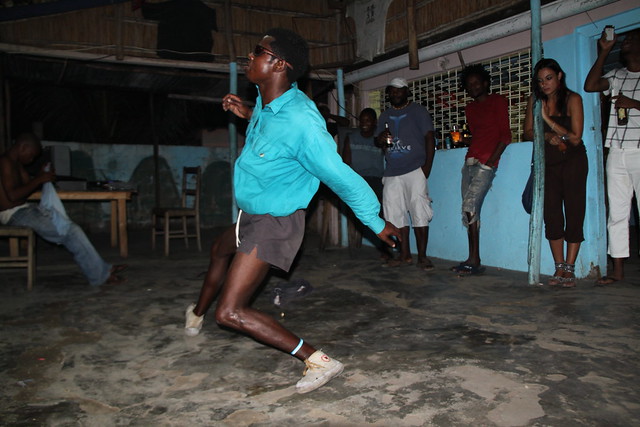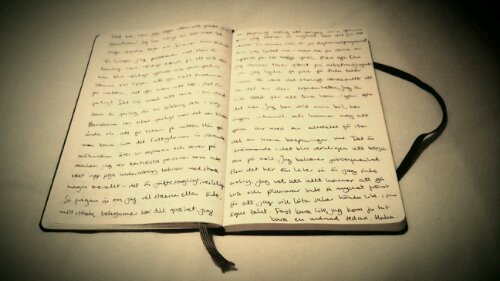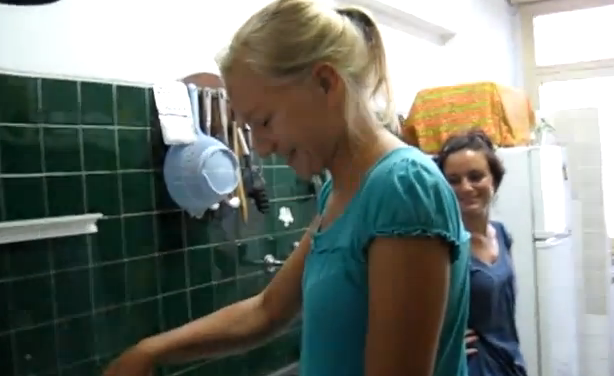The priceless truth
On Saturday I went together with Mozambican @Verdade to the outskirts of Maputo to take part in the distribution of their weekly newspaper. I had been talking to the director of the paper on twitter the day before and he asked me if I would like to come along to see what a distribution looks like, and meet the people who read the paper. So I did.
“A Verdade não tem preço!” Somebody shouted as we drove by in our little tuk-tuk.
“The truth has no price” – which is the slogan of the journal, referring both to the truth as such, and to the newspaper.
@Verdade means “The truth” and it costs nothing. It is distributed with tuk-tuks that drive around the slums and suburbs of Maputo, delivering the paper to people who reach out to grab a copy. People come running, often whistle a little tune to get your attention, get a copy, look you in the eyes and always say thank you. They want this information and they want you to know that they are appreciating it.
Old men, young women with babies, security guards, women carrying baskets with fruit on their heads, young people reaching out from the windows of cars and buses, anbody can get a copy – except the youngest one’s. It was exciting to see the scope of the kinds of people who wanted their copy of the newspaper, and I couldn’t help but wondering what the literacy rate was in the places we went – it didn’t look very promising. But whatever these people’s ability to read well actually is, @Verdade seems to be the only thing a lot of people get to read at all, and it might be their only soure of outside information.
The newspaper is written in fairly simple portuguese with a loud politically oppositional voice, a lot of participatory journalism and articles often focusing on social issues of high imporance to the development of Mozambique. I looked through the issue that we were distributing and it had a big article about how to easily protect babies from malnutrition, which is one of the biggest problems here in Mozambique. So I wouldn’t say the literacy rate is a big obstacle, because if only one person can read and tell the other’s what it’s all about, or if the schooled children get to read for their parents in the evening – it’s still great. And people who can’t read well get to really try and practice. Maybe learn.
Launched in 2008, the newspaper has a distribution of 50,000 per issue and is the most read weekly journal in Mozambique. It was very touching to see how much people actually wanted to read the news. They knew we were coming, they knew who we were, and when we were going back through an area we had already been to, you could see everybody with their heads down, reading. Or maybe at least looking at the pictures.

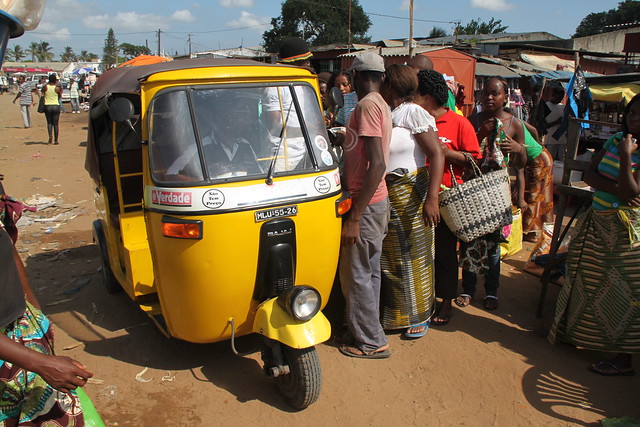

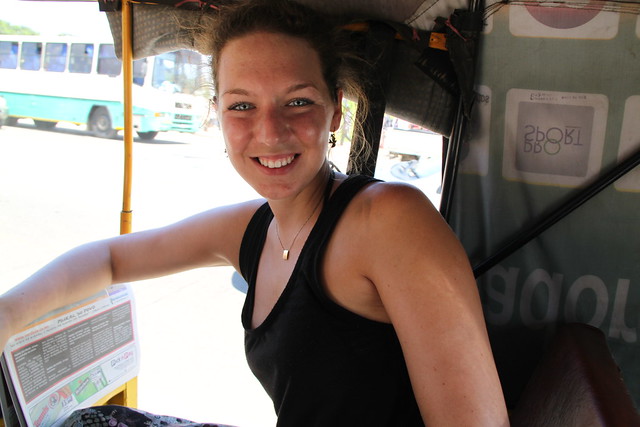


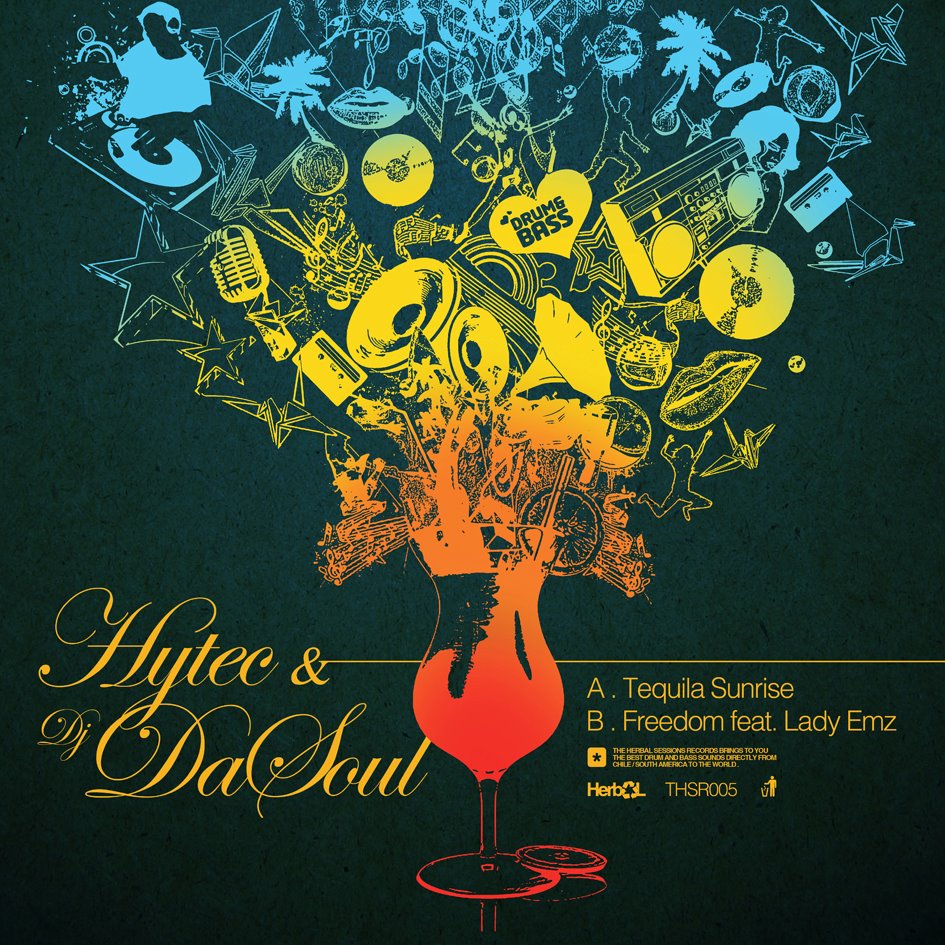

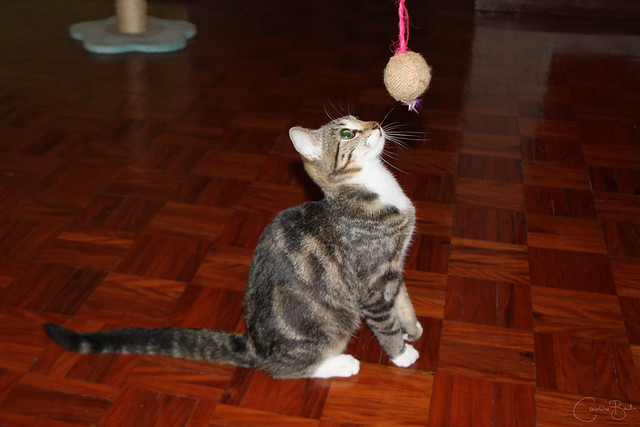

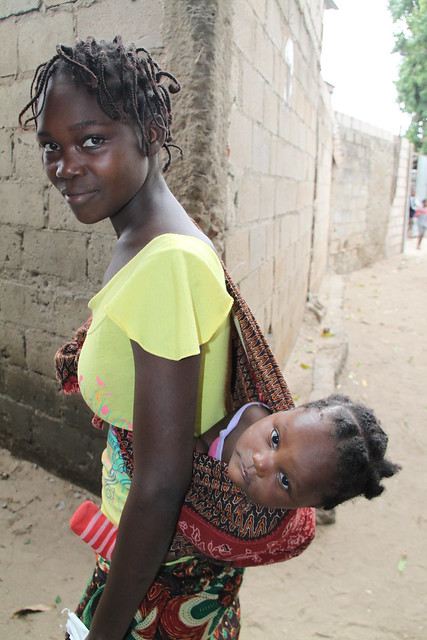 I met this girl in Mafalala, she is 17 years old and the name of her little son is Antonio.
I met this girl in Mafalala, she is 17 years old and the name of her little son is Antonio.